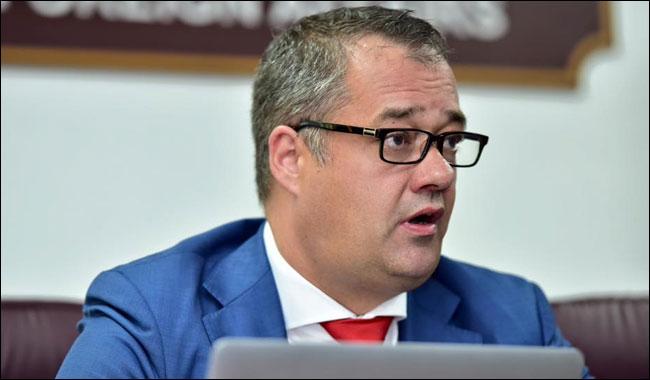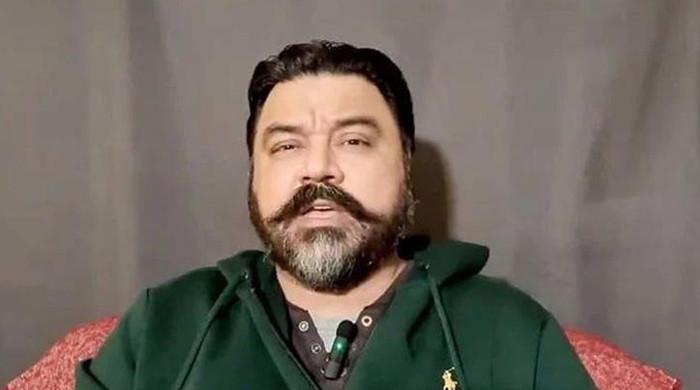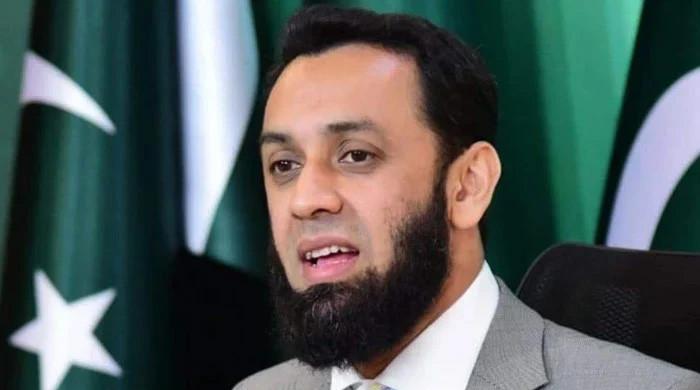Musharraf lawyer in UK calls for retrial in high treason case
Toby Cadman hopes SC will scrutinize the concerns related to the trial process in the appeal
December 18, 2019

Barrister Toby Cadman of the United Kingdom, an associate counsel at The Guernica Centre for International Justice and former representative of former president Pervez Musharraf at the United Nations, on Tuesday pointed out what he deemed 'flaws' in the capital punishment handed to the former president in a high treason case.
On Tuesday, a three-member bench of a special court comprising Justice Waqar Ahmad Seth of the Peshawar High Court, Justice Nazar Akbar of the Sindh High Court and Justice Shahid Karim of the Lahore High Court, had convicted Musharraf for high treason and handed him the death penalty in a 2-1 verdict.
Cadman said the charges against the former president were politically motivated and called for a full review of the case. In 2013, Cadman co-submitted a report to the UN Office of the High Commissioner for Human Rights detailing serious irregularities in the trial process against Musharraf.
Acting for the former president in 2013-2014, Cadman said there was a call for a full UN review by the UN High Commissioner and UN Special Rapporteurs to engage with the government of Nawaz Sharif and reconsider their actions against the former President.
"Nawaz Sharif is alleged to have used coercive powers to bring a final and politically motivated treason charge [against Musharraf]. Sharif effectively set up a special court and it was alleged that he selected the judges to try Musharraf," Cadman said in the press statement.
He added that authorities in Pakistan needed to apply the law equally to all.
"It is clear that the authorities are required to strictly apply both provisions of national law and the obligations stemming from international treaties. Anything less is a clear circumvention of the rule of law. That should cause some concern," he added.
"It is of particular concern when the judiciary is used to target particular institutions, such as the defence forces, while it is of fundamental importance that impunity is properly addressed at all levels, and no one is perceived to be above the reach of the law," the attorney remarked, adding that courts must operate independently.
The attorney also expressed the hope that that since it was quite clear that Pakistan has turned a page in its legal development, it should be anticipated that the Supreme Court, on appeal, will scrutinize the concerns as to the trial process and order a retrial.











